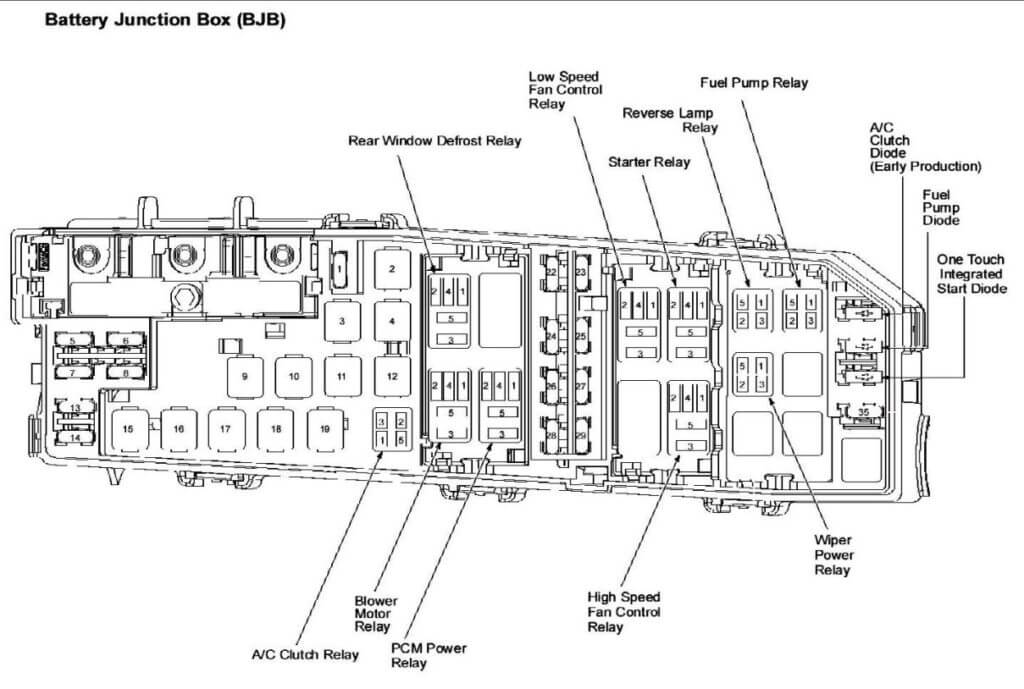New Bipartisan Senate Resolution Celebrates The Enduring Canada-U.S. Partnership

Table of Contents
The Content of the Bipartisan Senate Resolution
The recently passed bipartisan Senate resolution unequivocally affirms the vital importance of the Canada-U.S. partnership. This significant piece of legislation highlights numerous areas of successful collaboration and underscores the commitment to strengthening ties further. Key points within the resolution include:
- Strong Economic Ties: The resolution explicitly celebrates the robust economic integration between the two nations, emphasizing the benefits of bilateral trade and investment. It acknowledges the success of the United States-Mexico-Canada Agreement (USMCA) and its contribution to economic growth.
- Shared Security: The resolution underscores the critical role of the Canada-U.S. partnership in maintaining North American security, highlighting joint efforts in defense and counter-terrorism. It acknowledges the long history of military cooperation and joint exercises.
- Environmental Protection: The resolution acknowledges the importance of shared environmental challenges and the need for continued collaboration on initiatives like climate change mitigation and clean energy development. It encourages further cooperation on environmental regulations and sustainable practices.
- Cultural Exchanges: The resolution also recognizes the rich cultural exchange between the two countries, celebrating the deep personal and social ties that bind Canadians and Americans.
The bipartisan nature of the resolution is significant. Senators [Insert Names and Political Affiliations of Key Senators Involved] were instrumental in its passage, demonstrating a united front across the political spectrum. Senator [Senator's Name] stated, "[Insert Quote from Senator Emphasizing Bipartisanship and the Importance of the Partnership]". This consensus reflects the broad understanding of the partnership's importance in the United States.
The Historical Significance of the Canada-U.S. Relationship
The Canada-U.S. relationship is not merely a recent phenomenon; it is a long-standing and deeply rooted partnership built upon a foundation of shared values, geographic proximity, and mutual interests. Key historical moments highlight this enduring connection:
- The Rush-Bagot Treaty (1817): This agreement significantly reduced military forces along the shared border, establishing a precedent for peaceful relations.
- The Auto Pact (1965): This landmark agreement fostered significant economic integration in the automotive sector, demonstrating early commitment to bilateral trade.
- NAFTA/USMCA: The North American Free Trade Agreement (NAFTA), and its successor, the USMCA, represent significant milestones in economic integration, fostering significant trade and investment flows.
- Joint Military Efforts: Canada and the U.S. have collaborated extensively on various military operations, most recently in Afghanistan, highlighting the strength of their security alliance.
This long history of cooperation has generated significant mutual benefits, contributing to economic prosperity, enhanced security, and cultural enrichment for both nations. The "North American security" umbrella provided by this enduring partnership has been critical for the stability and prosperity of both countries. This strong history of economic integration, driven by robust "bilateral trade," provides a strong foundation for future cooperation.
Current Challenges and Opportunities for the Canada-U.S. Partnership
While the Canada-U.S. partnership enjoys a long history of success, it also faces contemporary challenges:
- Trade Disputes: Occasional trade disagreements can strain the relationship, requiring careful diplomatic navigation.
- Differing Approaches to Environmental Policy: Variations in environmental regulations and approaches to climate change can create points of friction.
- Immigration Policies: Differences in immigration policies and border management can present challenges requiring collaborative solutions.
However, these challenges also present opportunities:
- Clean Energy Initiatives: Joint investment in clean energy technologies and sustainable development can create new avenues for economic growth and environmental protection.
- Technological Advancements: Collaboration in areas like artificial intelligence, biotechnology, and space exploration can generate mutual benefits.
- Climate Action: A unified North American approach to climate change mitigation can significantly impact global efforts to reduce greenhouse gas emissions.
The resolution implicitly acknowledges these challenges while emphasizing the importance of continued cooperation to overcome them. Addressing these issues collaboratively will strengthen the "bilateral trade agreements" already in place and ensure the ongoing success of "North American Free Trade Agreement (NAFTA)" principles within the USMCA framework. Effective "climate action" will require a unified front from both countries.
The Resolution's Impact on Future Canada-U.S. Relations
The bipartisan Senate resolution carries significant symbolic weight, signifying a renewed commitment to the Canada-U.S. partnership. Its potential long-term implications are substantial:
- Strengthened Trade Relations: The resolution could foster a more collaborative approach to trade negotiations and dispute resolution.
- Enhanced Security Cooperation: It may lead to increased joint military exercises and intelligence sharing.
- Expanded Environmental Collaboration: The resolution may facilitate more ambitious joint initiatives in areas like climate change mitigation and clean energy.
The resolution's emphasis on bipartisan support suggests a strengthened foundation for future collaborations, transcending partisan divisions. Its symbolic value as a demonstration of unity and commitment should not be underestimated. The resolution serves as a powerful message to both nations and to the world, highlighting the enduring strength and unwavering commitment to the Canada-U.S. partnership.
Strengthening the Enduring Canada-U.S. Partnership
The bipartisan Senate resolution serves as a powerful reminder of the deep and enduring nature of the Canada-U.S. partnership. It highlights decades of successful collaboration while acknowledging current challenges and future opportunities. The resolution's bipartisan nature underscores the shared understanding of the partnership's critical importance to both nations and North America as a whole. The ongoing strength of this partnership is essential for the security and prosperity of both countries. To learn more about the resolution and the ongoing efforts to strengthen Canada-U.S. relations, explore resources from the U.S. Senate website and the Government of Canada. Further research into specific areas like strengthening Canada-U.S. relations on climate action or bolstering bilateral trade agreements will help solidify the future of the Canada-U.S. partnership.

Featured Posts
-
 Analyzing Demna Gvasalias Role As Guccis Designer
May 24, 2025
Analyzing Demna Gvasalias Role As Guccis Designer
May 24, 2025 -
 Emergency Services Respond To M56 Overturn Motorway Closed
May 24, 2025
Emergency Services Respond To M56 Overturn Motorway Closed
May 24, 2025 -
 Impact Of Trumps Tariff Policy On European Stock Markets Focus On Lvmh
May 24, 2025
Impact Of Trumps Tariff Policy On European Stock Markets Focus On Lvmh
May 24, 2025 -
 A Smooth Escape To The Country Practical Tips And Advice
May 24, 2025
A Smooth Escape To The Country Practical Tips And Advice
May 24, 2025 -
 16 Nisan 2025 Avrupa Piyasa Raporu Stoxx Europe 600 Ve Dax 40 In Duesuesue
May 24, 2025
16 Nisan 2025 Avrupa Piyasa Raporu Stoxx Europe 600 Ve Dax 40 In Duesuesue
May 24, 2025
